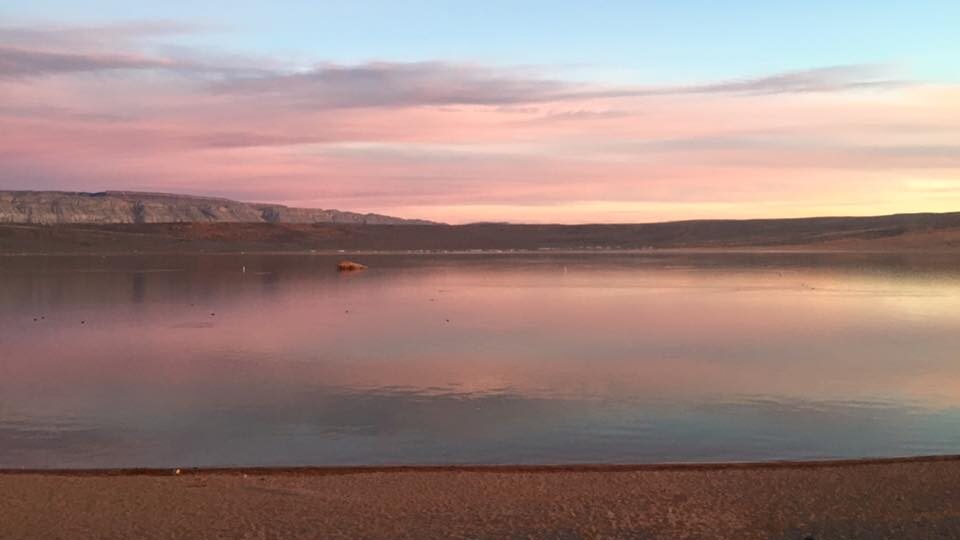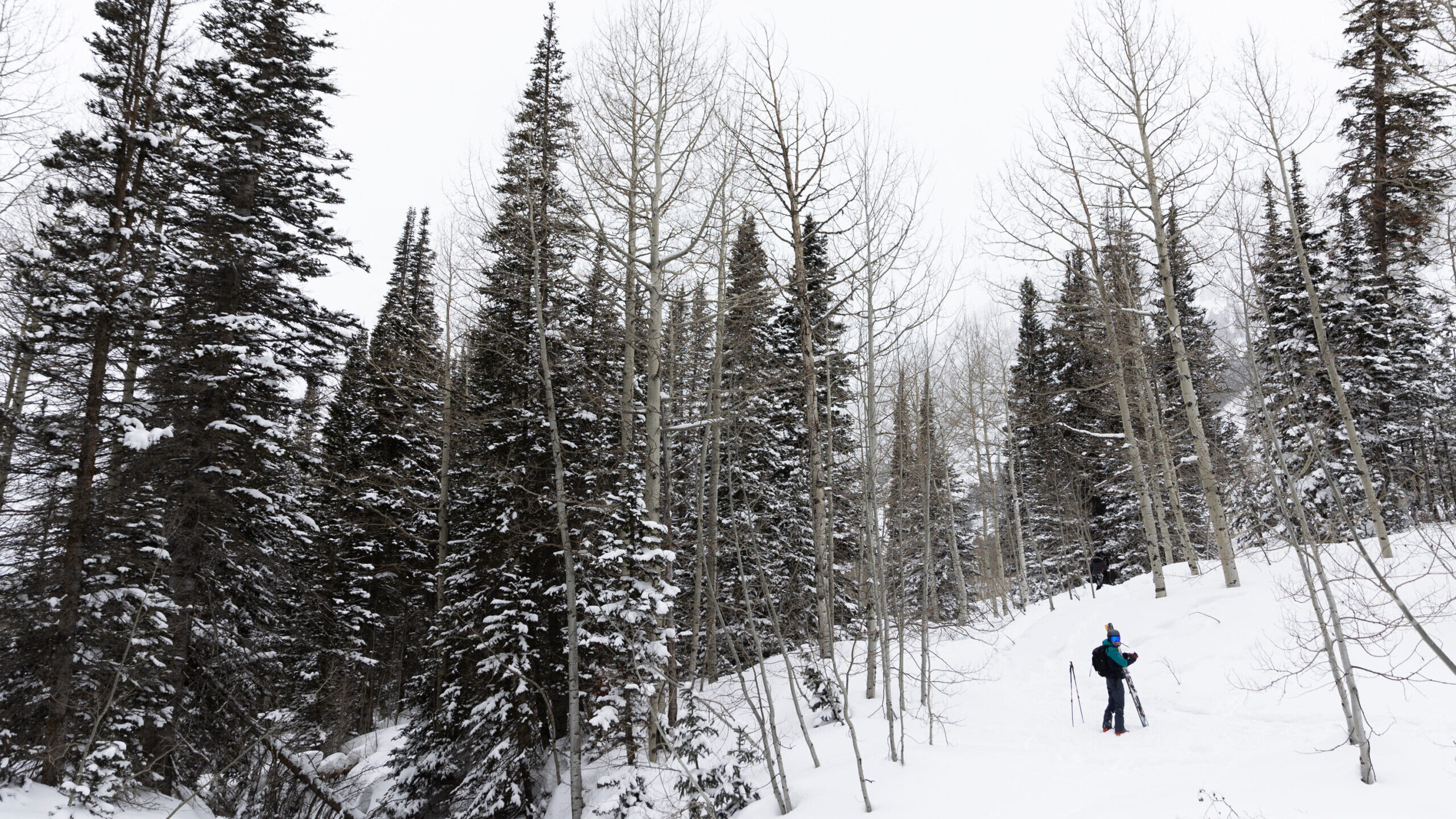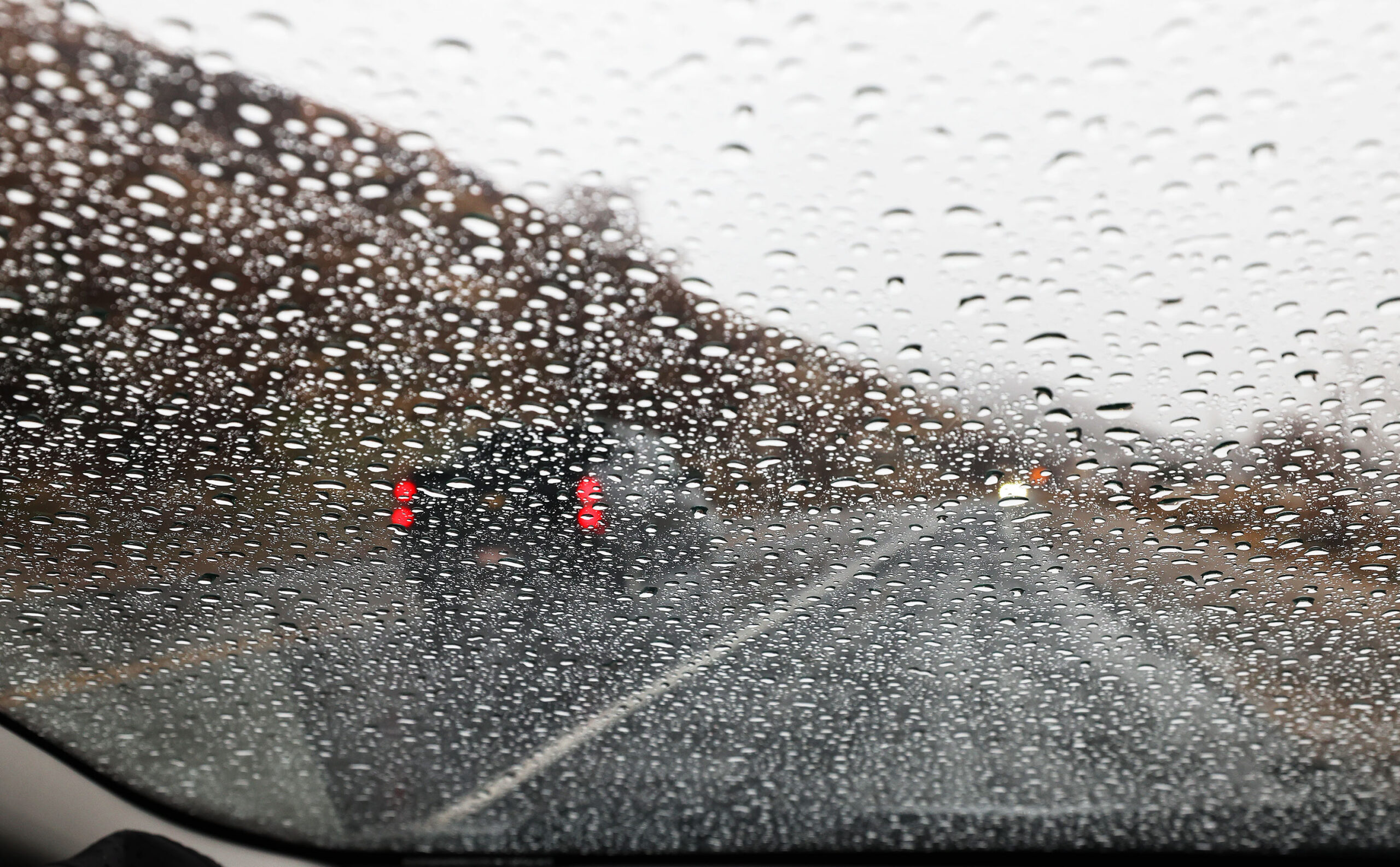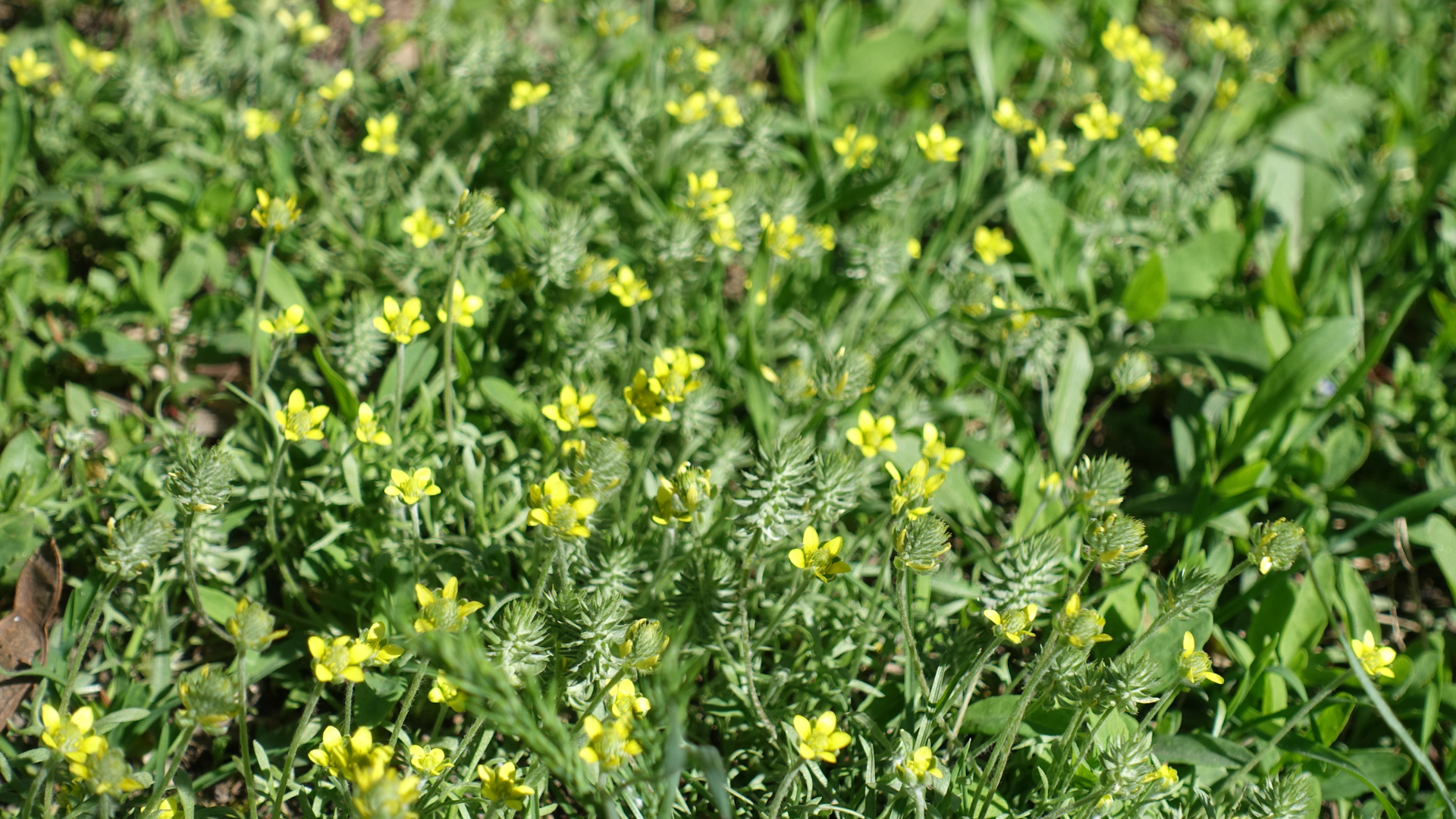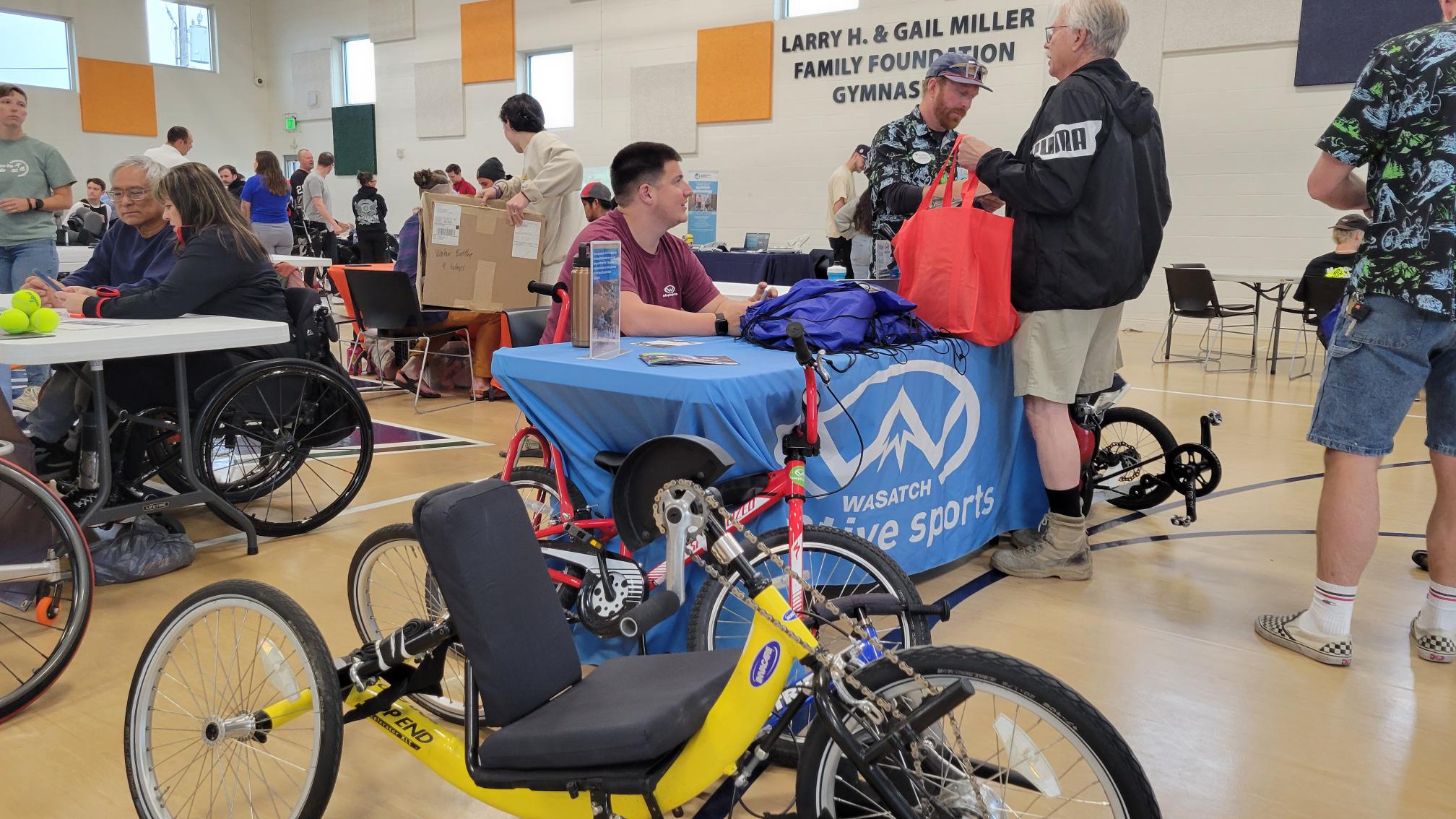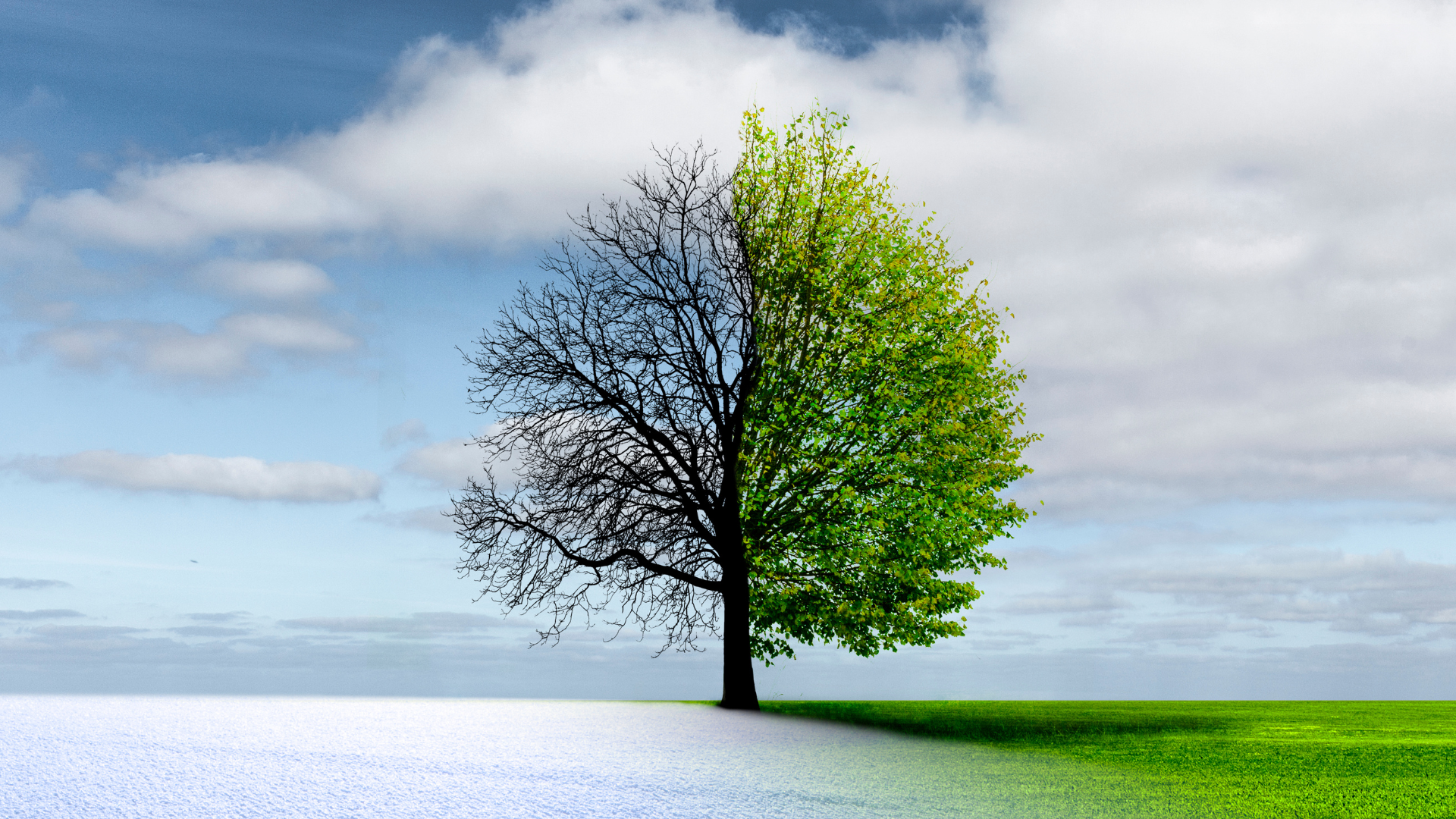Expert: Contact with secondary water is no worse than river water
Aug 24, 2023, 9:30 PM
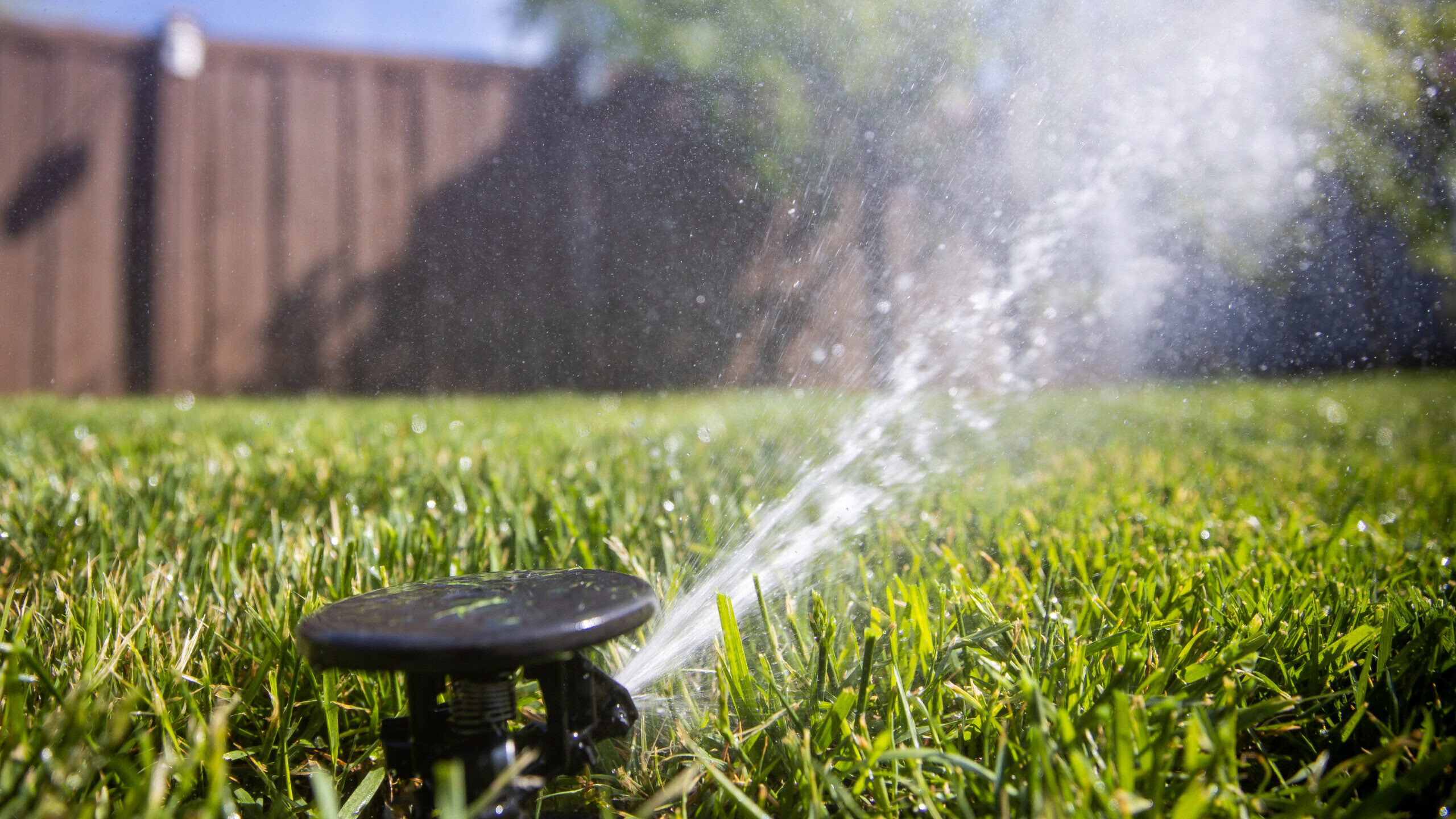
Sprinklers water a lawn in Salt Lake City on Friday, May 7, 2021. (Spenser Heaps/Deseret News)
(Spenser Heaps/Deseret News)
SALT LAKE CITY — After the recent E. coli breakout in Lehi that resulted in the hospitalization of at least five people, is it safe to play in secondary water as long as you’re not in Lehi?
Scott Paxman, CEO of the Weber Water Conservancy Basin, tells KSL NewsRadio that contact with secondary water is no worse than river water.
“It’s no different than going boating, or swimming in the river, or swimming in a canal,” he said. “Or any place that has untreated water. There’s a good chance of high probability that it’s got fecal matter,” he said.
Paxman says nothing can be done to prevent E. coli from entering the water system.
“It’s already there,” he said. “There is E. coli in every non-potable source, I can guarantee it. It’s just that we don’t talk about it. We don’t go and measure the E. coli in a river or reservoir because wastewater systems send their treated effluent into the river. We take it out and send it to our secondary system.”
Paxman says the only solution to the problem is treating every drop of water that lands in a residential yard. While that is unlikely to happen, he says the only thing that can be done is education.
“It’s making sure people understand, you don’t drink from the hose,” he said. “You don’t run through the sprinklers, or fill up your little kitty pool with secondary water and have your kitties sitting there lapping up the water. It’s not safe.”
Jeff Caplan’s Afternoon News can be heard on weekdays from 3 to 7 p.m.


